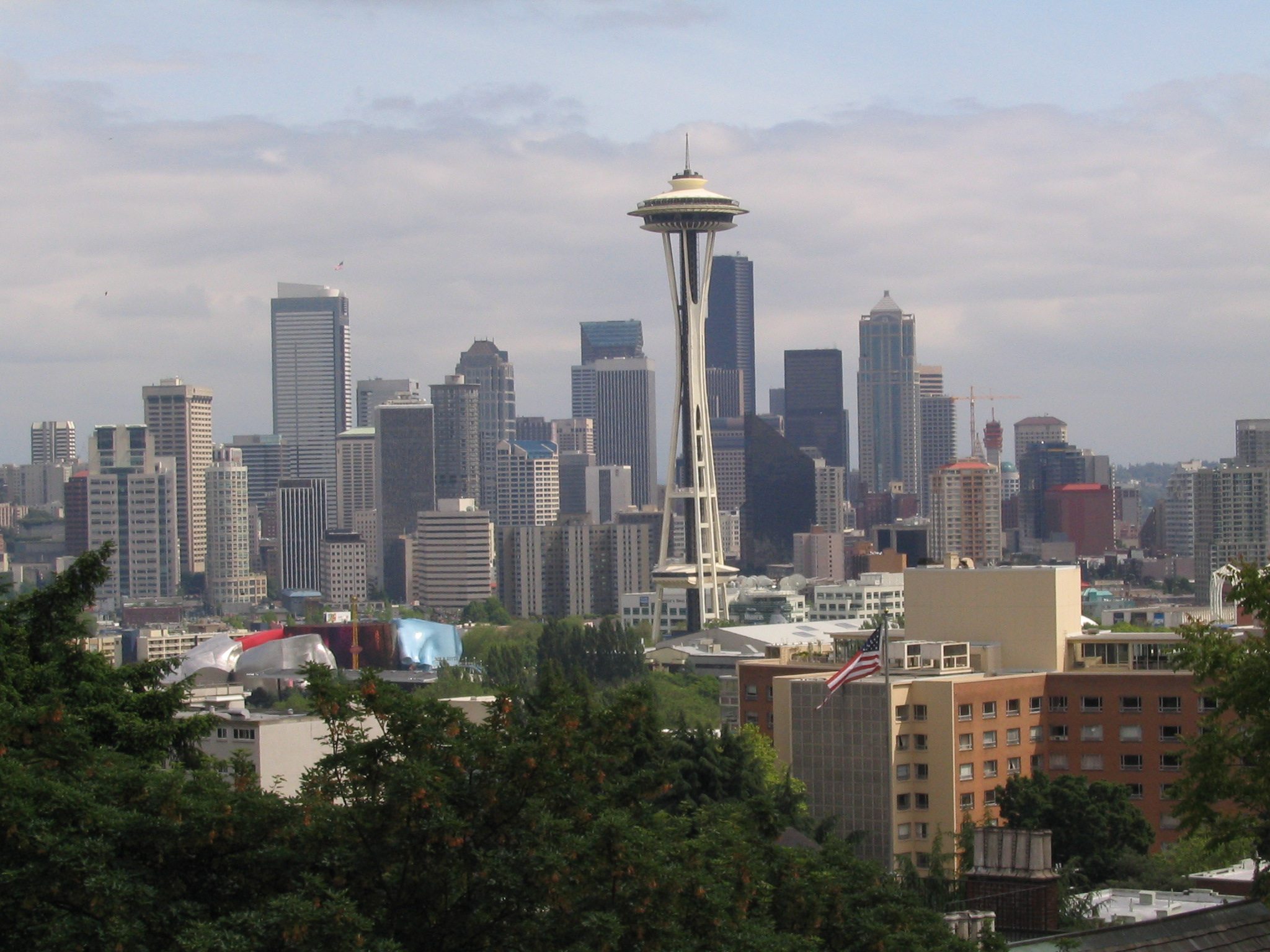Seattle steakhouse El Gaucho (along with sister-restaurant Aqua by El Gaucho) has joined the list of restaurants in the city choosing to deal with the rising costs of the $15 minimum wage law by ending tipping. On Wednesday, the restaurant announced it would institute a 20 percent service charge instead of gratuities. The switch will take place on March 21.
El Gaucho joins the restaurants owned by Seattle celebrity chef and James Beard Award winner Tom Douglas and Ivar’s in the strategy.
Supporters of the $15 minimum wage insisted that implementing the arbitrary wage would not increases prices on consumers – clearly, that’s not true. It’s unclear how the strategy will impact restaurant workers. The reality is that prices are increasing for consumers and over all pay is decreasing for waiters (because, the reality is, a good waiter makes more money via tips than with a $15 per hour wage).
But the folks at the Service Employees International Union (SEIU) don’t care about workers – it’s all about political power for them.




